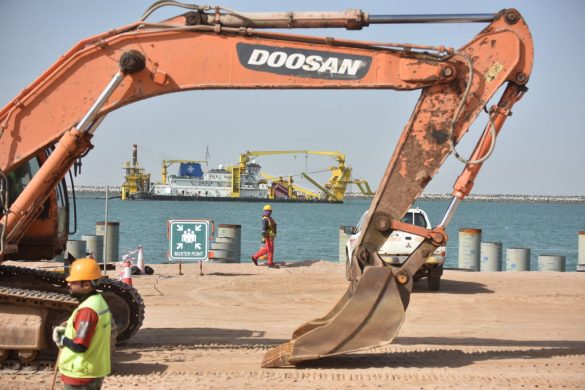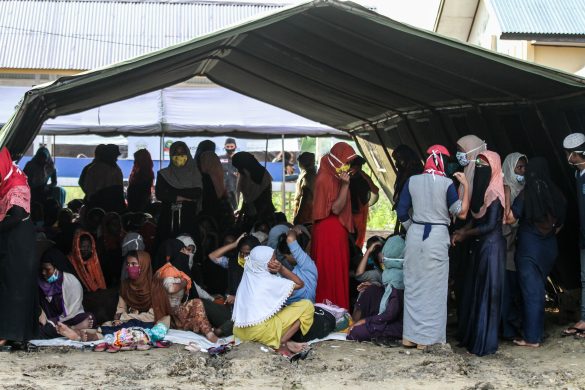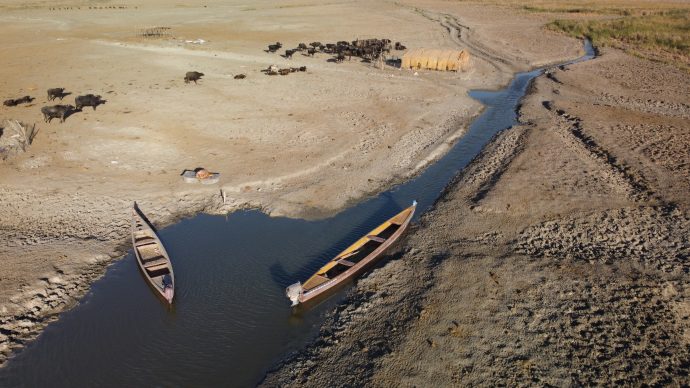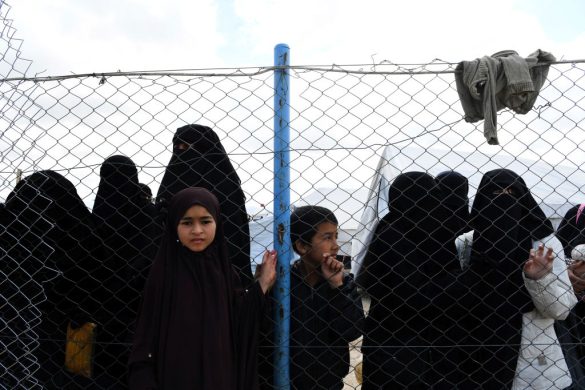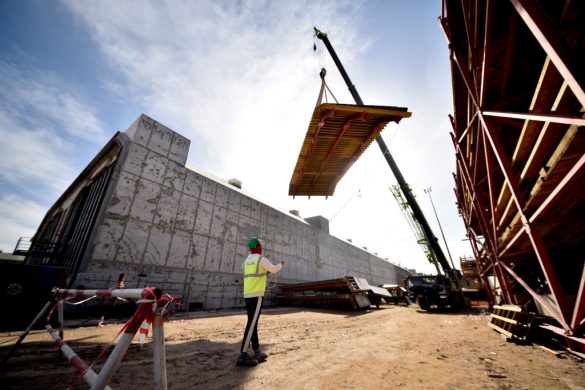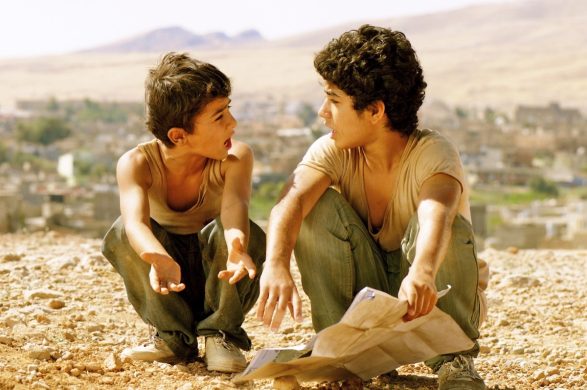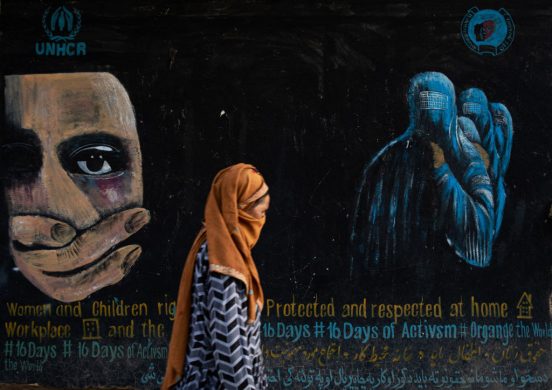LONDON, 3 May, 2016 (Amnesty International): A delegation led by the organization’s Secretary General, Salil Shetty, gained access on 30 April to a centre run by Anbar’s counter-terrorism agency (Mukafahat al-Irhab) in Ameriyat al-Fallujah, where 683 male detainees are held without charge.
The detainees are cramped into several rooms within a complex of disused warehouses being used as a detention and interrogation facility.
“The detainees are squeezed into a space of less than one square metre each, sitting in a crouching position day and night, unable to stretch or lie down to sleep and are rarely allowed outside for fresh air,” said Salil Shetty.
“It was a truly shocking sight – hundreds of human beings packed together like sardines in a tin and held in inhumane and degrading conditions for months on end.”
According to the organisation the detainees were plucked off the streets or taken from their homes when Iraqi forces recaptured their home towns, suspected of having collaborated with the armed group calling itself Islamic State (IS), often merely because they had remained in towns and villages under IS rule.
Fængslet i måneder uden anklage
None have been charged, even though weeks or months have passed since their arrest, the organisation states. Some told Amnesty International they had lost contact with their families as they fled clashes between IS and government forces.
Members of the local counter-terrorism force holding the detainees told Amnesty International they lack the manpower to carry out investigations into their cases in a timely manner and the material resources to treat the detainees humanely.
The horrific situation faced by these detainees is not an isolated case. Hundreds of other detainees are being held in similar conditions in another makeshift holding centre in nearby Habbaniya, according to the counter-terrorism force.
”Symptomatisk for Iraks retssystem”
“A lack of resources is no excuse – neither for such inhumane conditions nor for prolonged detention without charge, which is symptomatic of the deep flaws in Iraq’s justice system. Those arrested on suspicion of links to IS must be either promptly charged with recognizable criminal offences and tried in fair proceedings or released,” said Salil Shetty.
“There is no doubt that Iraq is currently facing unprecedented security challenges, with deadly attacks against civilians being perpetrated by IS on a daily basis. However, that in no way exonerates the Iraqi authorities from their responsibility to protect the human rights of all Iraqis.”
Amnesty International has investigated and extensively documented the wide range of war crimes and crimes against humanity perpetrated by IS.
Amnesty International also visited several camps housing thousands of internally displaced people in Ameriyat al-Fallujah, where families described their daily struggle to survive in dire conditions.
Many had risked their lives to escape from areas under IS control only now to find themselves stranded in makeshift camps where there is little humanitarian aid, with shortages of basic necessities, including food and medicine, and conditions set to worsen with the onset of the summer heat.
“Iraq is facing a displacement crisis on a staggering scale,” said Salil Shetty.
“The Iraqi authorities and the international community must urgently ensure protection and humanitarian assistance for displaced people, as well as allowing secure passage for them to safe areas.”



